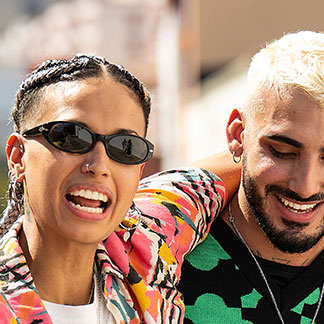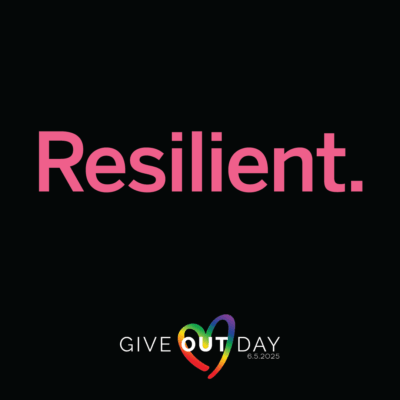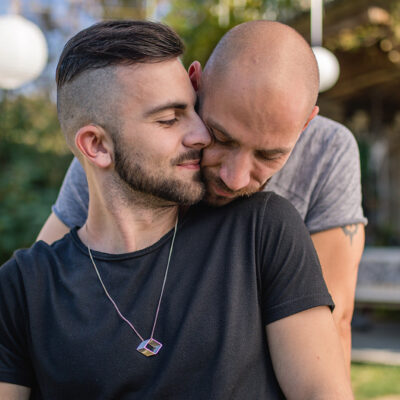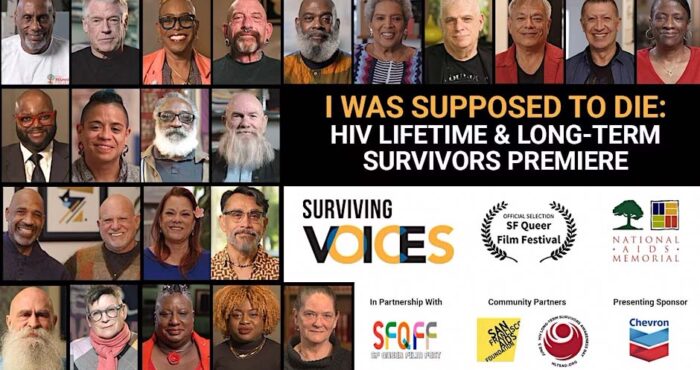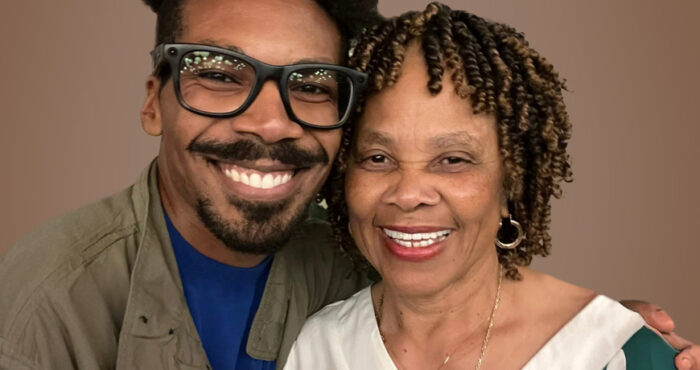A language of respect: how to end fetishization
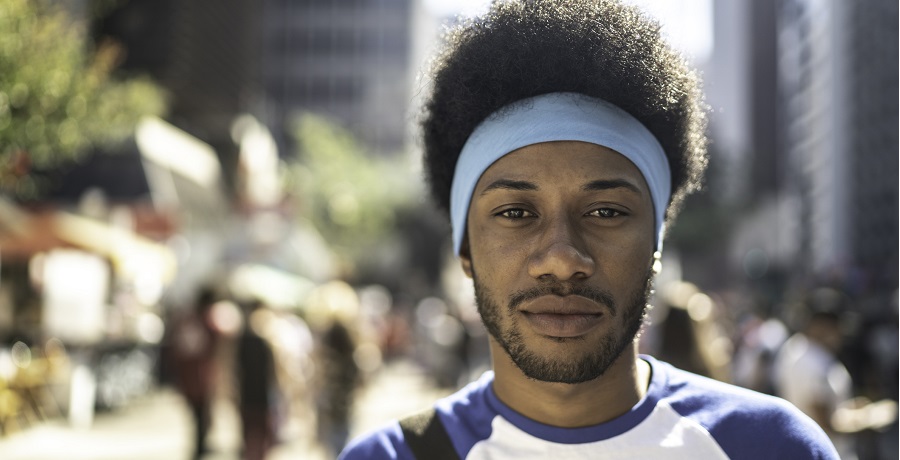
I hope you never experience fetishization.
As I sit down to type this essay, my fingers are unsteady—a physical testament to the vulnerability that accompanies the excavation of memories I often tuck away in the innermost chambers of my heart. I am a Black gay man. While my identity is a vibrant tapestry of triumph, community, and unshakeable pride, it is also interwoven with threads of pain from being fetishized—treated as an object of curiosity and desire rather than as a human being with depth, dreams, and the longing to be truly seen.
Inside my head, there’s a cacophony of voices—some are echoes of the phrases flung casually my way: “You’re not like the others,” “I’ve always wanted to be with a Black guy,” “You must be…” The presumptions pile up until I feel less like a person and more like a character in someone else’s narrative, one where my script has been written without my consent. Each word is like a stitch that sews me into a costume of someone else’s making, a caricature of what it means to be a Black gay man.
When I am fetishized, my heart feels like a museum piece—stared at, admired, but not touched in the way art is meant to be felt. There is an ache in the hollowness of such admiration, a yearning for a gaze that sees the whole picture, not just the corner that whispers of exoticism and false fantasies. My mind churns with questions: “Do they care for the man, or just the melanin? For my love, or the taboo they think it represents?”
There’s anger, simmering beneath the surface like a storm waiting to break, at the audacity of those who think they can reduce me to a stereotype. “Are you even Black?” one guy said to me on a date, suggesting that because he knew of an all-Black casted movie that I hadn’t heard of before made me less of the Black person he expected me to be. It’s an erasure of the multitude of ways to be Black, an imposition of a narrow, monolithic view of racial identity.
There’s sadness, deep and weary, for the moments of genuine connection lost to fetishization’s shallow waters. There is fear, too—a tremor of anxiety about when the next comment will come, and how it will make me feel exposed and stripped of dignity.
But there is more than just pain in this heart of mine. There’s resilience, a stubborn strength that refuses to be defined by others’ limited perceptions. There’s hope, a flicker of belief that with each vulnerable conversation, with each piece like this I dare to share, I am chipping away at the monolith of fetishization, revealing the nuanced humanity beneath. There’s this article even.
I find it healing to use my experience to guide others to avoid creating additional harm for Black lives. Let this article flag for you what exactly are fetishizing words, and how they insidiously glide out of some people’s mouths, maybe even yours. Use judgment to reflect on if you’ve said language like this and whether you’re brave enough to admit to others that you now know better and would like to do better. These are phrases that were hurled at me that may inspire your own self-reflection.
- “I love your chocolate skin.” While it may seem like an appreciation of physical appearance, such remarks objectify and commodify, reducing my being to a skin tone and associating it with something to be consumed.
- “You must be [insert stereotype] in bed, right?” No one should be reduced to a stereotype, least of all in their most intimate moments. This presumptive leap to conclusions about my sexual behavior based on race is not just offensive—it’s a glaring sign of how deeply racial objectification is embedded in our culture.
- “You must be the dominant one, right?” This assumption not only leans on a stereotype but also imposes a power dynamic that may not reflect personal truth or preference. It’s a projection of racialized roles onto individuals without their consent.
These phrases and questions are not just awkward faux pas; they are the tip of an iceberg that represents centuries of racial objectification and fetishization. They reveal how society often sees people of color through the lens of stereotypes and assumptions rather than as full, complex individuals.
What we need is a new language—a lexicon of respect that sees and acknowledges the humanity in everyone. Instead of remarks that fetishize, we could say, “I appreciate you for who you are.” Rather than making assumptions about someone’s character or preferences based on race, we can ask open-ended questions that allow them to share their individual experiences and stories. It is about moving from objectification to genuine interest, from stereotype to individuality.
By embracing this new language, we can begin to dismantle the harmful patterns of racial fetishization and build a culture of understanding and respect. It starts with recognizing that every person, regardless of race, is more than the sum of their physical features or the stereotypes ascribed to them. We must learn to see people in all their complexity and treat them with the dignity they deserve. This is necessary so that my truest desire that you never experience fetishization as well as anyone else is not just some meaningless platitude but actually achievable.

